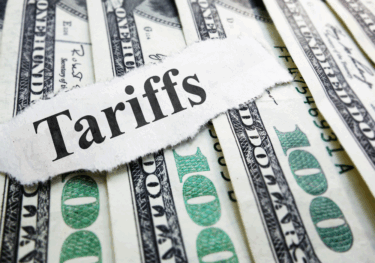Middle East: How strong will the recovery be this year?
After a painful 2020, the outlook for the GCC region is looking up as we enter 2021. Covid-19 appears to be more under control than in other parts of the world, vaccines are being rolled out at pace and oil prices have rallied above $50pb, while there have also been positive policy developments such as the rapprochement between Bahrain, Egypt, Saudi Arabia and the UAE and Qatar, the Abraham Accords and policy reforms in several GCC countries. These factors will contribute to a recovery in 2021 following the deep contractions driven by the pandemic and oil price slump last year.

|
Scott Livermore |Chief Economist, Oxford Economics Middle East, and Managing Director Scott Livermore is also Managing Director of Consultancy in the Middle East and Asia, as well as a member of Oxford Economics’ Senior Management Team. Scott leads many of the major projects in the GCC and Asia which have recently included capacity building, macroeconomic modelling, and policy impact assessment engagements for government institutions in the UAE, Saudi Arabia, Kuwait, and Oman, and IFRS 9 and Stress Testing engagements in Singapore, Thailand, and Hong Kong. |
Related Services

Event
マクロ経済から見る産業へのトランプ関税インパクト
今次セミナーでは、トランプ関税が経済に及ぼす影響について、マクロ経済学を用いた産業分析の観点から紐解いていきます。急速に変化する経済・政策環境の中では、目先の動きにとらわれるのではなく、経済構造に基づいた分析を通じて大局的な視点を持ちリスク管理を行うことが重要となります。マクロ経済調査会社である弊社の強みを活かしたトップダウンで一貫性のある分析手法により、ボトムアップ型の分析では捉えきれない要因まで包括的にカバーすることが可能になります。関税からくる直接的な影響だけではなく、複雑に絡み合う国際的なサプライチェーンを通じた間接的なインパクトを含め、様々な産業の中から脆弱性の高い産業からそうでない産業まで、波及経路も含めて仔細に説明します。
Find Out More
Event
LatAm shows resilience to U.S. Tariffs
Economic growth across most of the region has been mostly undisturbed by the start of US tariffs. Resilient domestic demand and high commodity prices suggest economic stability will continue in most countries, except in Mexico, where the impact of trade uncertainty and fiscal consolidation have temporarily stalled the economy. Inflation shows relatively different dynamics due to domestic idiosyncrasies, but most countries are exposed to the same international shocks, which could justify greater caution in the monetary normalization process by central banks.
Find Out More